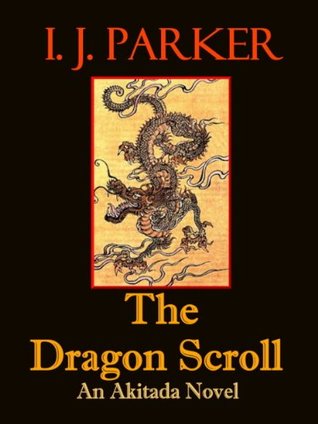More on this book
Kindle Notes & Highlights
Seimei, being a good Confucianist like his master, also distrusted the Buddhist religion. He looked after the monks and shook his head. “You cannot make a crow white, even if you wash it for a year.”
Across from the inn, a vegetable vendor had set up his baskets of turnips, radishes, beans, herbs, sweet potatoes, and chestnuts. A pretty young girl, her hair tied up in the style of women of the lower class, and her slender figure wrapped tightly in a plain striped cotton gown, was bargaining with many gestures for a bunch of large radishes.
“Don’t stare, Tora,” Seimei scolded. “Women should neither be seen nor heard.”
“You mean it was you?” Tora was aghast. “You? A mere slip of a girl threw me? Impossible! This is a joke, isn’t it? It was you all along, Master Higekuro, wasn’t it?” He looked from one to the other. The girl turned away. Higekuro shook
his head sadly.
A woman fighter! There were stories about such women, but he was deeply offended by the impropriety of it. Women were supposed to be weak, soft, pleasing, and accommodating to their men. Perhaps
over?” “Tora!”
“Amida?” whispered Akitada. “Why the child? Why destroy the seed before the plant blossoms and bears fruit?” There was no response. Some people believed that the Buddha was everywhere, in all creatures, even in man. Others spent hours calling his name to force his manifestation or to reserve a place for themselves in paradise. The child had chanted all day. Was he now in paradise? Was Joto, who had also chanted? And what was this place, this hell, where people struggled and loved so painfully, praying to indifferent gods for a better life? A moth appeared from nowhere, flew into the flame of
...more
Akitada raised his eyes from the burned moth to the golden face again. All representations of the Buddha were male. They had large ears, signifying their ability to hear prayers, and a rounded prominence on top of the skull, signifying omniscience. Perhaps Amida could read his thoughts.


